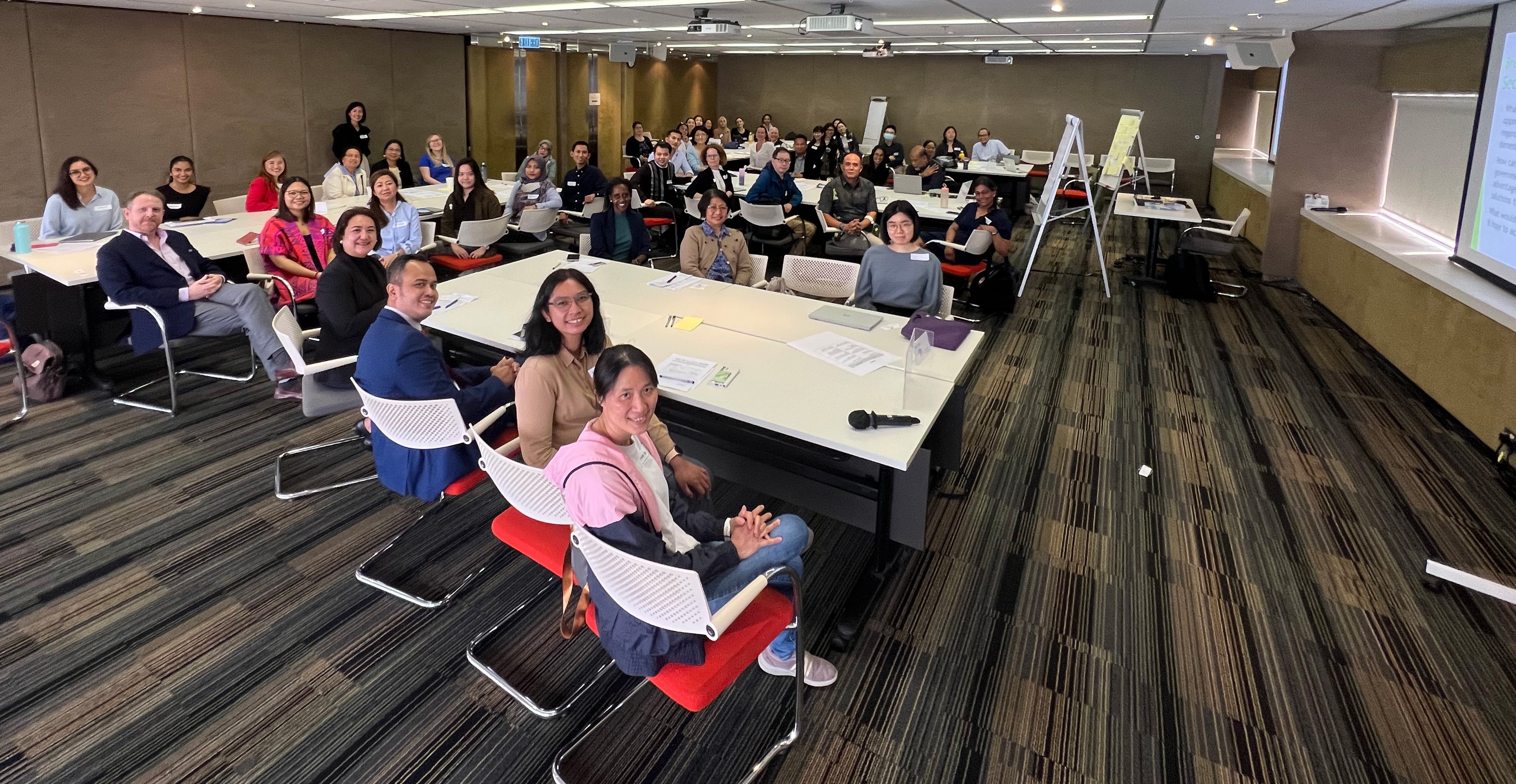Trading Favours through the Revolving Door: Evidence from China’s Primary Land Market
By matching data on land transactions in China’s primary land market with detailed curriculum-vitae of board directors in publicly listed firms, we identify a pattern of “revolving door” exchanges between local officials and firms. The officials discounted the price of land which they sold to the said firms, and were subsequently rewarded with board appointments upon retirement. Specifically, these “client-officials” are three times as likely to be recruited by the “patron-firms” as board directors and enjoy a salary that is 23% higher and 81% more company shares by comparison with directors who did not help firms to secure cheap land deals. All of these, however, are conditional on patron-firms being able to receive a price discount, which averaged 19% when they purchased them in normal times. However, when client-officials were constrained from providing a price discount during a surprise audit, the likelihood of client-officials recruited as board directors was halved, with the price discount and extra compensation received by the patrons and clients respectively vanishing altogether. By providing evidence of the reciprocal benefits received by both parties, we demonstrate that the revolving door is used as a “payment” rather than a “connection” device in the Chinese context.











